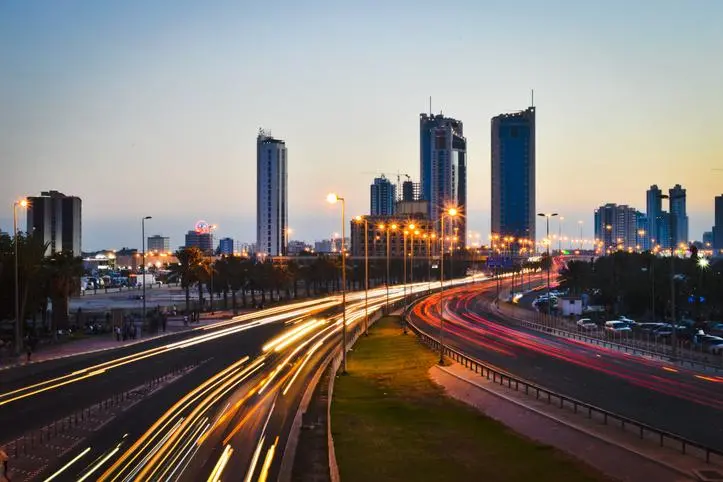PHOTO
The end-of-service gratuity paid to expatriates working in Bahrain should be scrapped and they should be paid a pension instead, said an expert.
Former Labour Market Regulatory Authority (LMRA) chief executive Ausamah Al Absi said it was high time employers started paying monthly gratuity contributions for expats to the Social Insurance Organisation (SIO) which can be used to pay pensions after they resign or their services are terminated.
Under the 1976 Social Insurance Law, both Bahrainis and expatriates were entitled to pensions but the system was later changed with only citizens receiving pensions while public and private sector organisations were asked to pay end-of-service gratuity to their foreign employees.
The one-time expats’ payout is calculated on the worker’s last basic salary in addition to social allowances, if any.
Companies monthly contribute 19 per cent of a Bahraini worker’s salary to the SIO, while also paying 4pc for each expat staff member – 3pc as insurance against occupational injuries and 1pc towards the unemployment insurance fund.
Mr Al Absi said reverting to the 1976 law would tackle the growing problem migrant workers face relating to their gratuity, especially during the pandemic when many businesses faced liquidity crunch.
“I am proposing that migrant workers be added to the social insurance scheme instead of being paid their gratuity when they leave or quit the organisation,” he said.
“Employers should contribute monthly to the SIO for Bahrainis and expats, because this guarantees all staff get the money during their retirement.”
He added that a worker could be given the option of either receiving a lump-sum amount or the SIO could transer his entitlement to its counterpart in the country from where the expat hails.
“For example, if I work in Saudi Arabia for 20 years and return to Bahrain, I can get my pension here because there is a link between social insurance organisations in the two countries.
“This proposal is vital at a time when social insurance funds need liquidity, and reduces the burden on companies that have to pay a big chunk of gratuity to their staff.”
Mr Al Absi was speaking during a webinar, ‘Fourth Cross-Regional Consultation’, organised by Migrant Forum in Asia and the International Organisation for Migration.
The event focused on “wage theft” of hundreds of migrant workers globally and in the region.
Mr Al Absi said non-payment of wages was tantamount to wage theft and qualified in all aspects to be treated as a criminal case rather than a labour dispute.
“If withholding of wages is systematic by the employer then this equates to modern slavery, and if it’s part of doing business then it’s no longer a labour dispute,” said Mr Al Absi, who is currently founder and principal of MindMap Consultants.
“Labour courts take time in announcing their verdicts and in the meantime, the employee does not have a valid residency and has to stay in the country illegally.
“Employers think they have all the time in the world, but if we treat the case (non-payment of wages) as premediated crimes orchestrated and designed by the employer then it’s going to be a deterrent.”
He also proposed embassies and non-governmental organisations set up proxies who work pro bono or at nominal cost to follow up the pending wages cases of workers once they leave the country.
“The proxies could take a power of attorney from the employee and follow up the case, and this will help worker to voluntarily return to his home country.”
Mr Al Absi said that a labour relationship is not linked to a migration status.
“If I have asked an irregular migrant worker to perform a job in exchange for payment, then he is owed that money irrespective of his legal status,” he said.
On the issue of Covid-19 impact on businesses, the engineer-turned-economist said pushing companies that have a clean record aggressively to pay their staff is not the way out.
Businesses hit by the pandemic will trigger the force majeure clause, and could terminate their staff, whose status will then be irregular.
“I’m not advocating that people should not be paid because of Covid-19, but we need to work closely with businesses.”
The GDN reported previously that a study was underway to include expatriate workers in pension funds, according to the head of parliamentary probe committee in charge of pension funds Ibrahim Al Nafea.
The SIO was considering various scenarios, he said adding that revenues generated from insurance subscriptions amounted to nearly BD320 million in 2019, while pension entitlements reached BD712m for the same year.sandy@gdn.com.bh
© Copyright 2020 www.gdnonline.com
Copyright 2021 Al Hilal Publishing and Marketing Group Provided by SyndiGate Media Inc. (Syndigate.info).





















